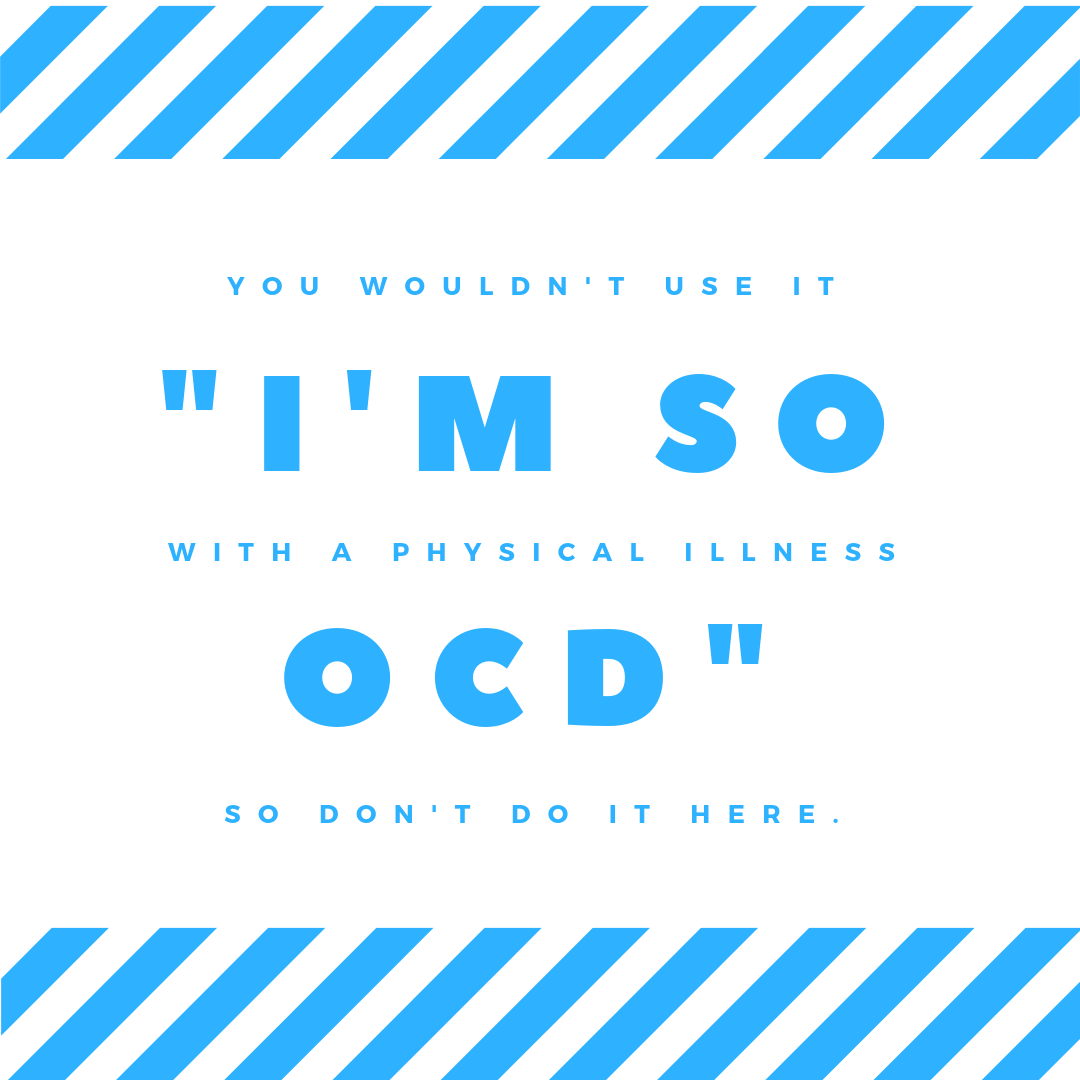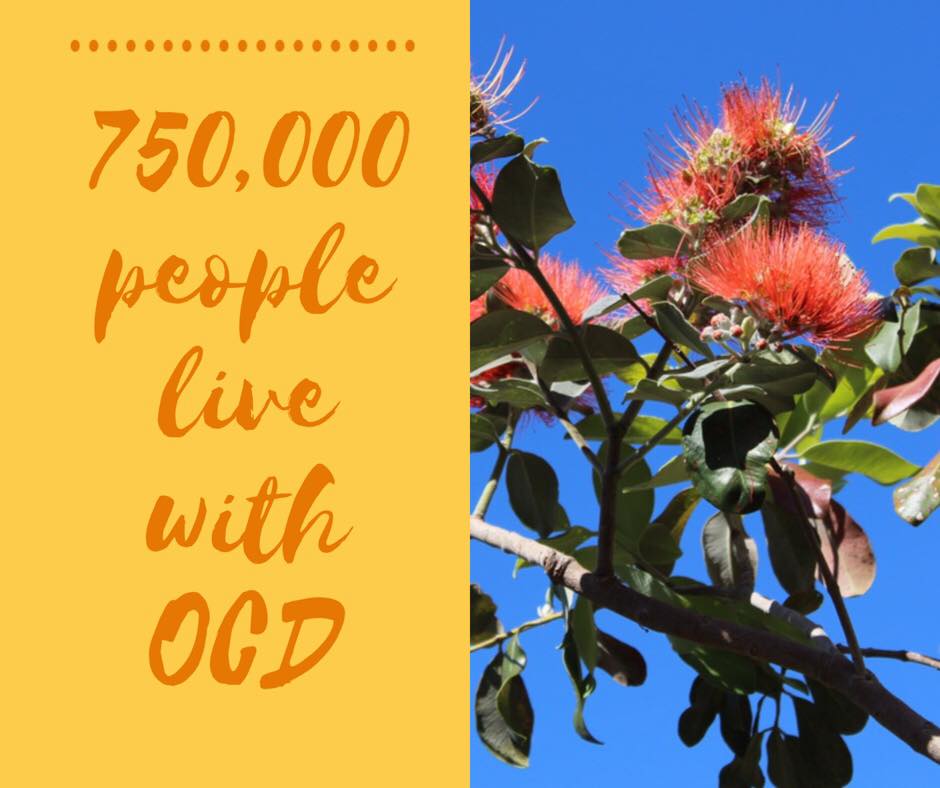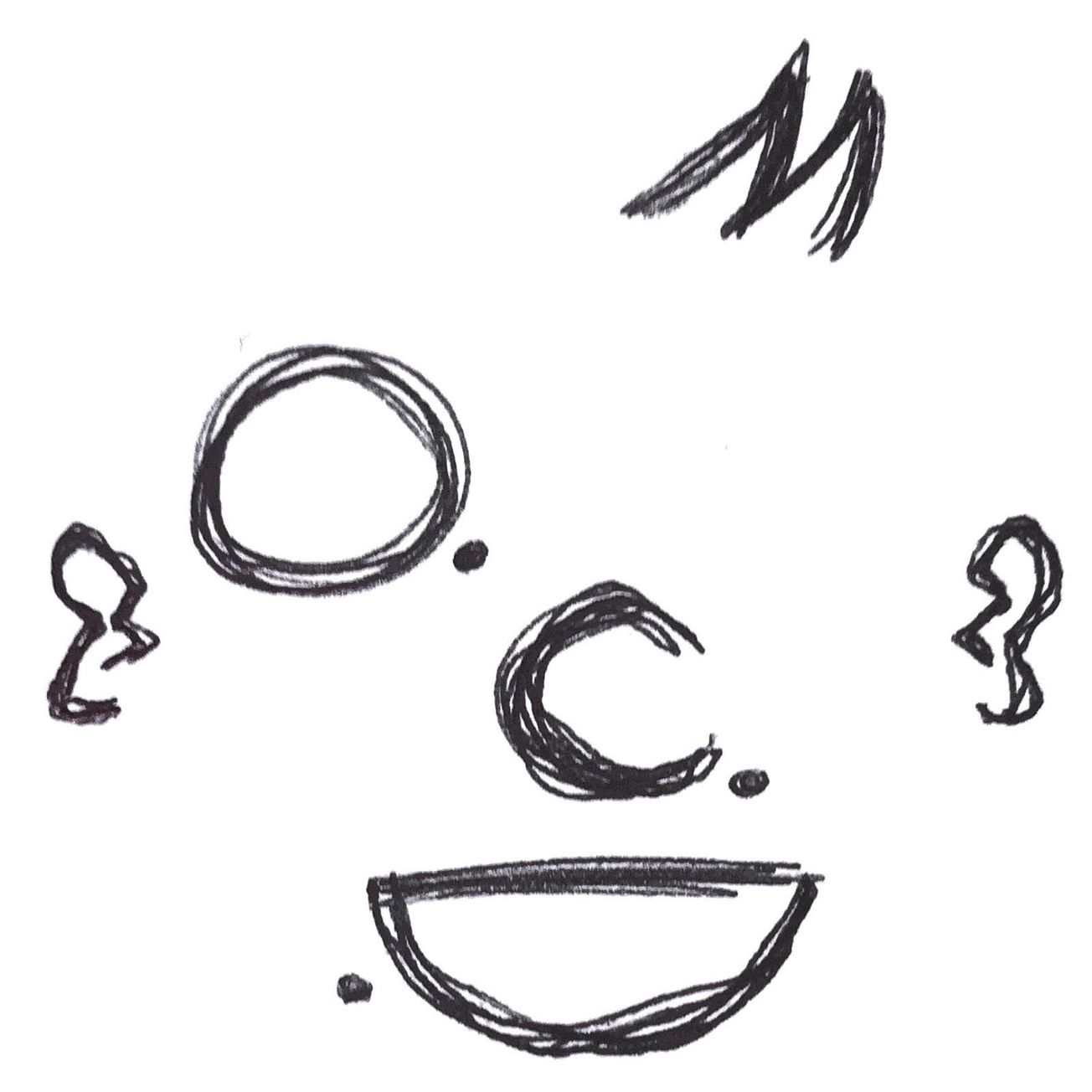By Gail El-Halaby, Second year, Psychology
Sunday 7 to Saturday 13 October is International OCD Awareness Week. In honour of the week, Second year Psychology student Gail El-Halaby discusses the common misconceptions surrounding Obsessive Compulsive Disorder.
OCD is a wildly misunderstood mental illness, which is more common than originally thought. OCD is the fourth most prevalent mental health issue after depression, substance misuse and social anxiety, affecting between 1-2% of the population at some point in their lives.
Having suffered from OCD from a young age, I have come across many of the stigmatisations and misconceptions people have made about this mental illness both directly and indirectly. As a result, I have decided to compile a short list of things people commonly get wrong and assume about OCD in an attempt to break down some of the prejudices we as sufferers are faced with on a daily basis.
No, you’re not 'So OCD' because you’re tidy and you’re certainly not ‘So OCD’ if you like things in a certain order.
1. OCD sufferers are just neat freaks
It is a well-known fact about me that I’m incredibly messy. When I first opened up to a few of my closer friends about my OCD I was met with a slightly perplexed and confused look on their faces, occasionally followed by the words 'But you’re so messy?' I don’t blame them, it’s true- for some reason it seems cleanliness and hygiene is what most people associate with OCD. Sure, cleanliness may be a common obsession in OCD sufferers - about one third - but it is far from the only one.
The term ‘neat freak’ also implies it is a personality trait, which to an extent can be controlled. However, OCD sufferers do not choose to experience these obsessions and compulsions.

Photo by Epigram / Jasmine Burke
2. Only women suffer from OCD
This is far from the truth, OCD does not discriminate when it comes to gender, race, ethnicity or economic background, anyone can develop it, with the most common onset being in early teenage hood or adulthood.
3. People with OCD may actually be dangerous
This may be one of the most distressing misconceptions those with certain types of OCD may experience. People with obsessions surrounding taboo subjects such as violence and sexual deviance may be misinterpreted as therefore being dangerous. In reality, it is more likely they are the opposite of this. The thoughts are incredibly distressing to the sufferer. For many, their worst fears become their obsessions, adding to the debilitating cycle of anxiety which accompanies the thoughts.
For many, their worst fears become their obsessions, adding to the debilitating cycle of anxiety which accompanies the thoughts.
4. OCD is an adjective
One of the most common things I hear on a pretty regular basis is the phrase ‘I’m so OCD’, which almost invariably annoys me greatly. No, you’re not 'So OCD' because you’re tidy and you’re certainly not ‘So OCD’ if you like things in a certain order. I’ve even heard one of my psychology professors once using OCD in this way. It is paramount to make it clear: OCD is not an adjective and it is not a personality trait. It is a serious and sometimes debilitating mental illness which should not be dismissed as anything else.
5. Everyone is a little bit OCD
This one really grinds my gears. Saying 'I’m a little hay fever' doesn’t really work, does it? One is not a little bit Obsessive Compulsive Disorder. You either have it, or you don’t.
Using phrases like this again demeans the experiences of people living with the condition. Of course, most who use this phrase do so with absolutely no negative or malicious intention, and in our daily vocabulary using a mental illness as an adjective has become common. ‘She’s so bipolar’ or ‘She’s clearly psychotic’ are said on a regular basis, but this doesn’t mean it comes without consequences.
If we were to use illnesses such as cancer in the same way it would be deeply frowned upon. Mental illness can be just as devastating for the family and the individual involved.
A little knowledge never hurt anyone and it’s likely that someone you know may be suffering.
6. OCD sufferers don’t know they’re being irrational
Yes, we do! Though it may be difficult for some to believe, the compulsions and obsession are seen as irrational by the sufferer more often than not. However, it is just not possible to control them, making it a whole lot more frustrating to deal with.
7. You can tell when someone has OCD
This is incredibly untrue. In fact, often it is years between the onset of symptoms to a diagnosis of this disorder. This may be due to many factors such as a sense of shame and fear to talk about how they feel. Personally, it took me 7 years to be formally diagnosed from the onset of my symptoms, and none of my friends or family suspected I had it as I hid it so well!

Photo by Epigram / Jasmine Burke
These are just some of the many misconceptions surrounding this disorder. For OCD awareness week, why not educate yourself further? A little knowledge never hurt anyone and it’s likely that someone you know may be suffering.
Help break down the stigma and support those with OCD across the world.
Featured Image: Epigram / Luke Unger
What misconceptions really grind your gears? Comment below or get in touch!









